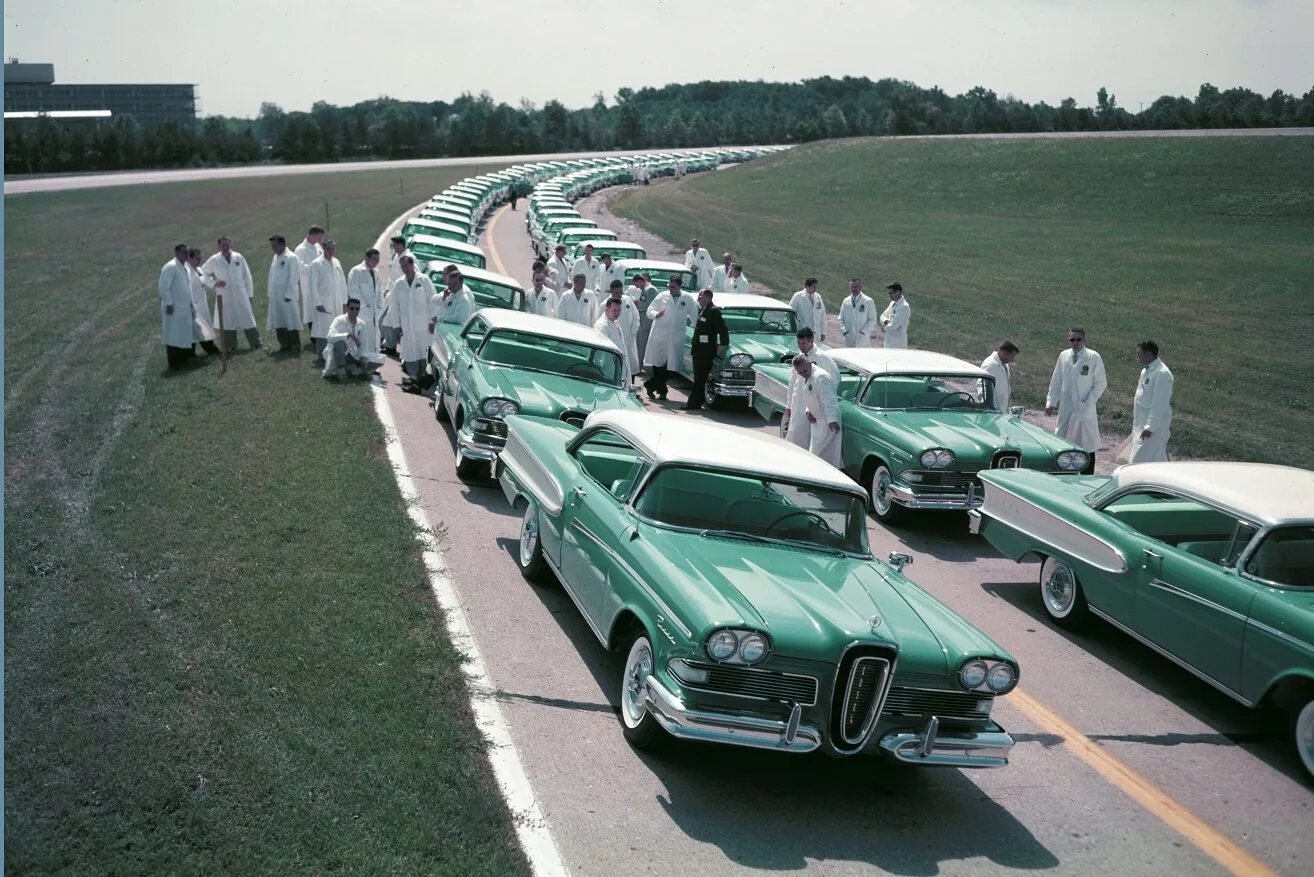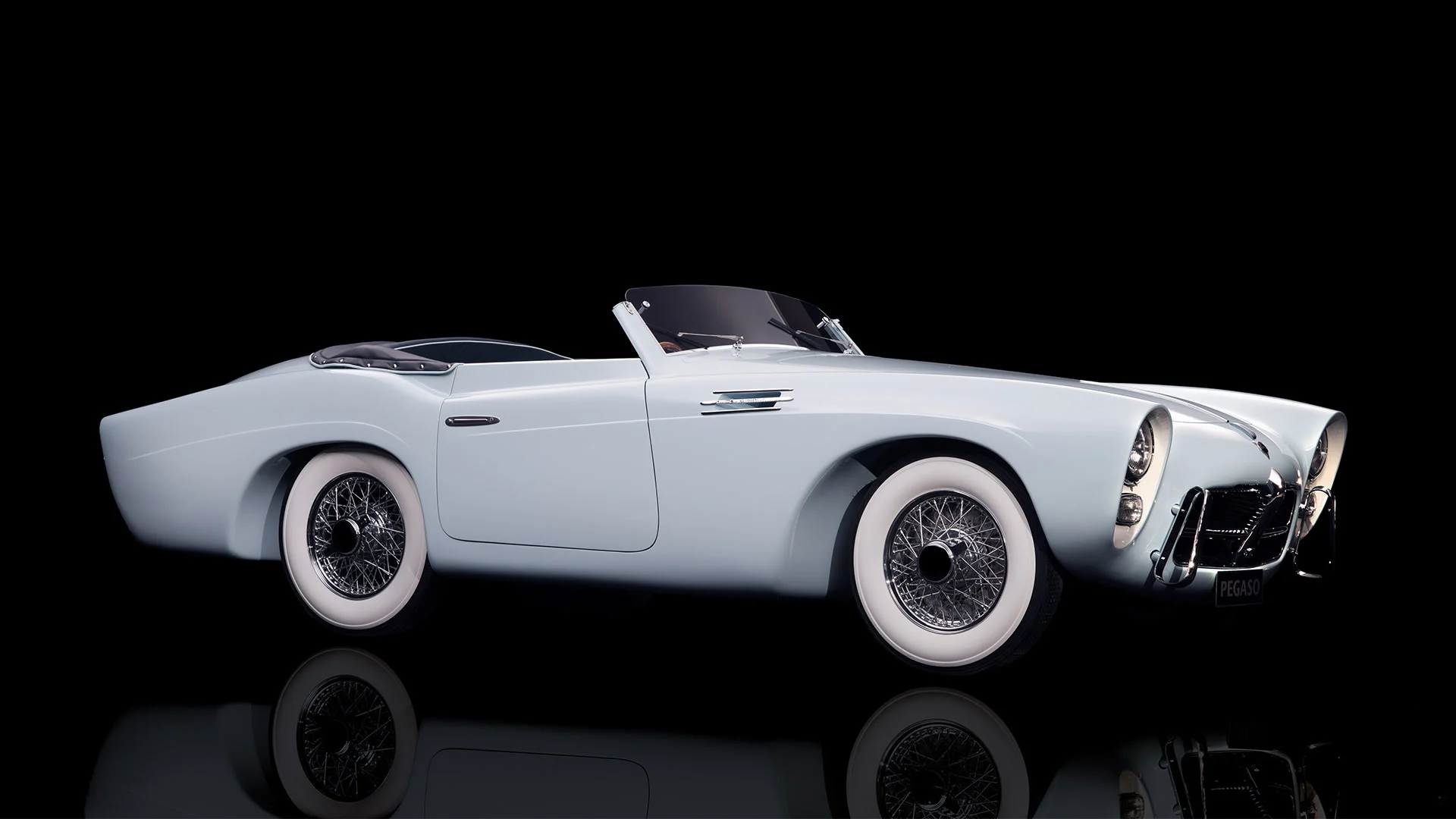The Nostalgia of Forgotten Gods: Edsel, USA, 1957-1960
09 March 2024 3 min read 5 images

Photo credit: Ford, Wheelsage
Until the early 1950s, the Ford Motor Company concentrated on low-cost models with Mercury for the middle segment and Lincoln as a high-end luxury brand. Forecasts for the automobile sector in the decade 1950-1960 indicated an increase in demand of more than 50 percent, thanks to improvements in the average earnings per capita and the lifestyle of the American people. The spectre of the Great Depression had finally disappeared. Ford therefore decided to reinforce its positioning by establishing a brand that would offer high-end features to a segment that was, in reality, medium to medium-high. It was not an easy gamble: The mid-range target group is naturally not very innovative and relying on a new brand without traditions requires courage.
Register to unlock this article
Signing up is free and gives you access to hundreds of articles and additional benefits. See what’s included in your free membership. See what's included in your free membership.
Already have an account? Log In


